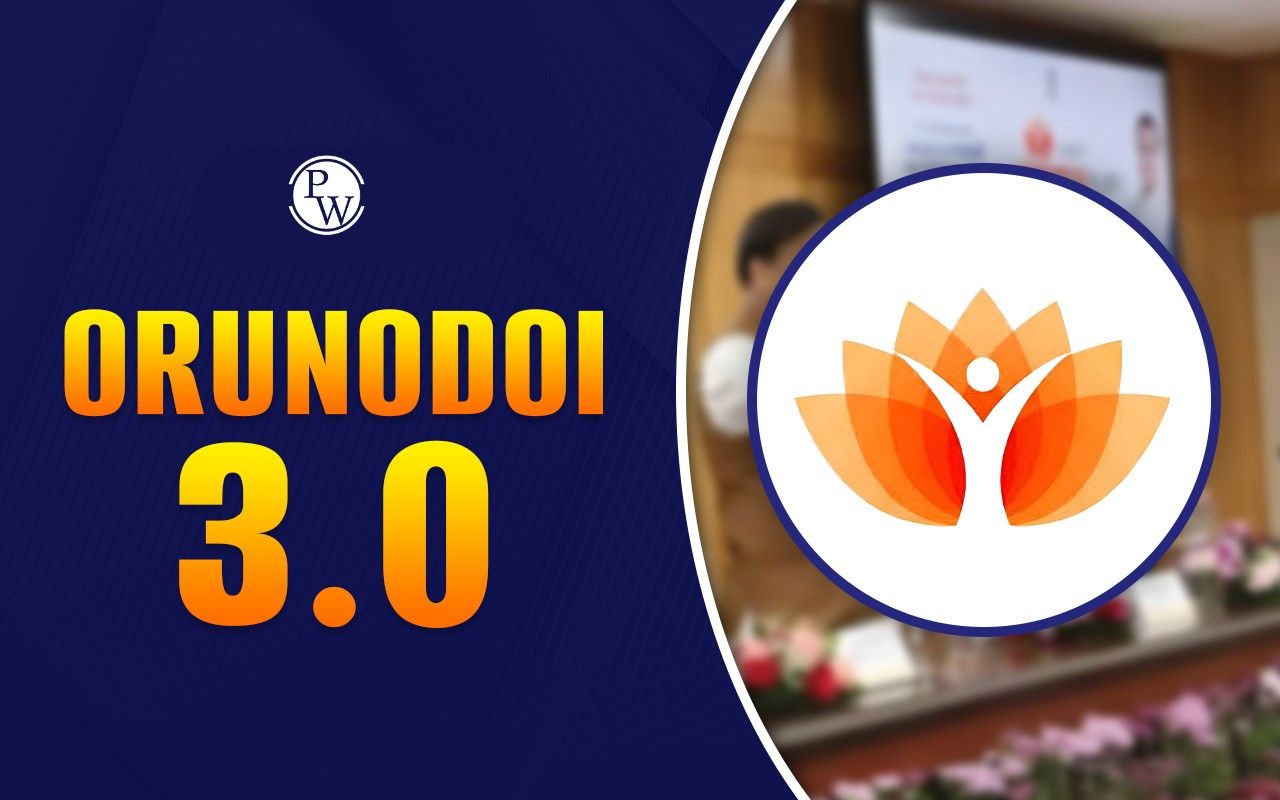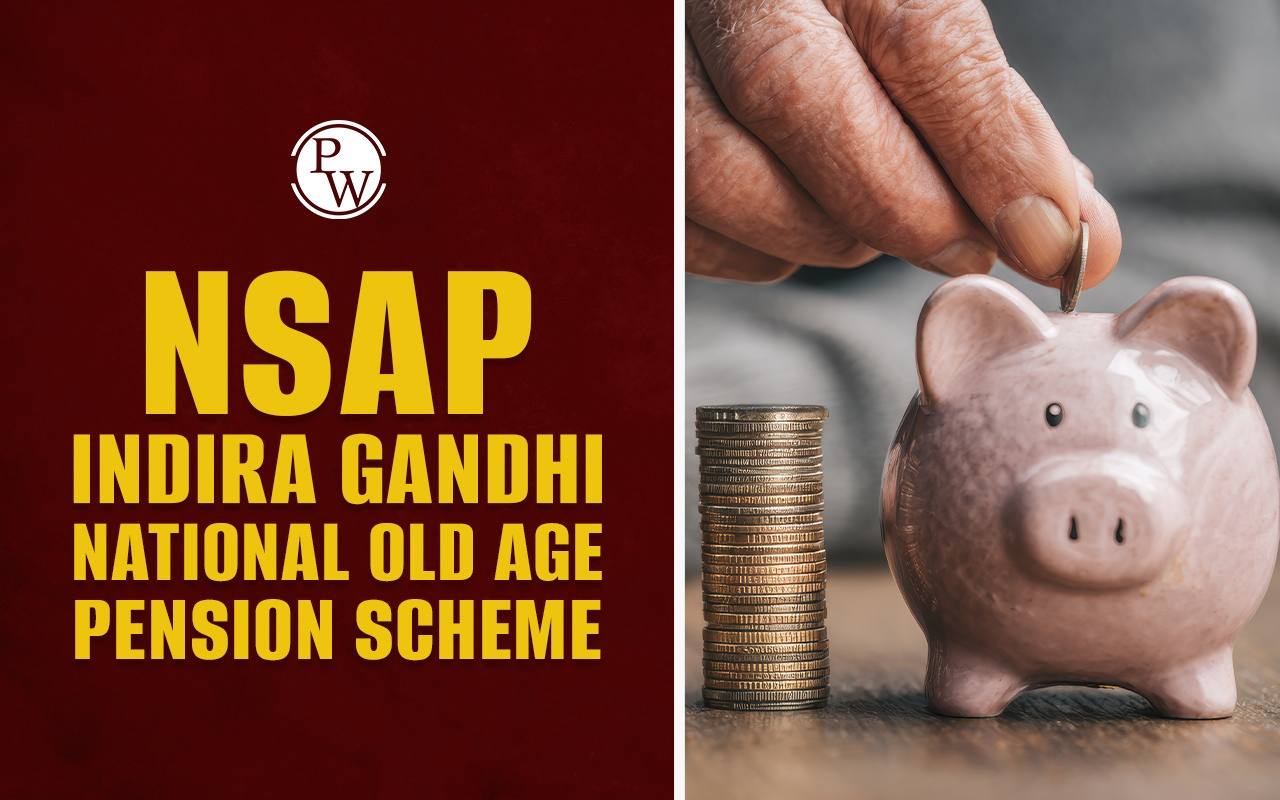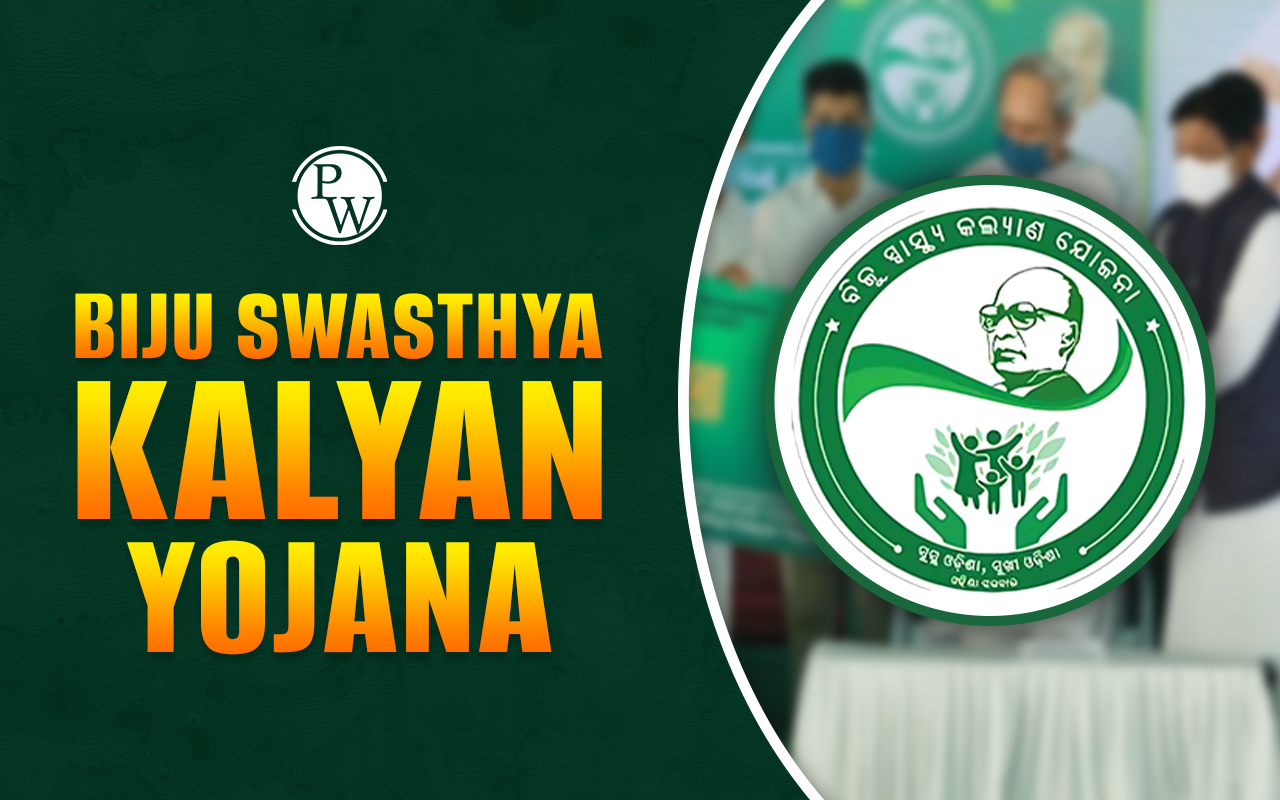
The Integrated Child Development Scheme (ICDS) is a welfare scheme focused on children’s holistic development. Launched in 1975, this scheme aims to improve the health, nutrition, and education of children under six years of age, along with pregnant and lactating women.
ICDS is a centrally sponsored scheme that is renamed as Anganwadi Services. Recently, the Comptroller Auditor General (CAG) performed a performance audit of the Integrated Child Development Scheme (2015-16 to 2022-23) and suggested corrective actions in its implementation.
Integrated Child Development Scheme (ICDS)
ICDS full form is Integrated Child Development Scheme. It is a centrally sponsored scheme that is being implemented by the Ministry of Women and Child Development across all districts with support from the state government. This scheme is crucial because early childhood is the most important stage in human development.
| Integrated Child Development Scheme | |
| Launch Date | October 2, 1975 |
| Sector | Welfare |
| Type of Scheme | Centrally Sponsored Scheme |
| Ministry | Ministry of Women and Child Development |
| Objective | Improve nutritional and health status of children (0-6 years) |
| Beneficiaries | Children aged 0-6 years, Pregnant and lactating mothers, Adolescent girls (11-18 years) in Aspirational Districts and North Eastern States |
| Services | Supplementary Nutrition, Pre-school non-formal education, Nutrition & Health Education, Immunization, Health Check-ups, Referral Services |
| Implementation | Delivered through Anganwadi Centers (AWCs) |
| Components |
|
| Benefits | Improved health, nutrition, education, and empowerment of mothers |
ntegrated Child Development Scheme Objectives
The Integrated Child Development Scheme seeks to ensure better health, education, and nutrition for children and their mothers. Its objectives are:
-
Improve the nutritional and health status of children in the 0–6 years age group.
-
Lay the foundation for proper psychological, physical, and social development.
-
Reduce child mortality, morbidity, malnutrition, and school dropout rates.
-
Achieve effective coordination of policies and services among departments for child development.
-
Enhance the capability of mothers to look after their children’s health and nutrition through proper education.
ICDS Beneficiaries
The ICDS Beneficiaries include the most vulnerable groups in Indian society. The scheme targets the following groups:
-
Children aged 0–6 years
-
Pregnant women
-
Lactating mothers
-
Adolescent girls in Aspirational Districts and North Eastern states (in some schemes like SABLA)
-
Women (15-45 years)
These ICDS beneficiaries are supported through a network of Anganwadi centres.
Functions of ICDS Scheme
The ICDS scheme focuses on providing a package of basic services that support child and mother welfare. It works at the grassroots level, especially in rural and urban poor areas. Here are some key functions of the ICDS scheme:
-
Provide health check-ups for children, pregnant women, and lactating mothers.
-
Offer immunisation services in coordination with health departments.
-
Distribute supplementary nutrition to combat malnutrition.
-
Deliver pre-school education to children aged 3 to 6 years.
-
Offer nutrition and health education to women between 15 to 45 years.
-
Referral services in case of health issues for mothers and children.
The functions of ICDS scheme help bridge the gap between health services and families. It ensures timely support to improve child survival and development outcomes. This makes ICDS one of the most effective welfare schemes in India.
Also Read: PM Vishwakarma Scheme
Services Provided Under ICDS Programme
The services provided under the ICDS programme are integrated and delivered at the village level. Here is a detailed list of services provided under Integrated Child Development Scheme Programme:
| Services | Target Group |
| (i) Supplementary Nutrition | Children below 6 years, Pregnant & Lactating Mothers (P&LM) |
| (ii) Immunization | Children below 6 years, Pregnant & Lactating Mothers |
| (iii) Health Check-up | Children below 6 years, Pregnant Women & Lactating Mothers (P&LM) |
| (iv) Referral Services | Children below 6 years, Pregnant Women & Lactating Mothers (P&LM) |
| (v) Pre-School Education | Children 3-6 years |
| (vi) Nutrition & Health Education | Women (15-45 years) |
CAG Report on ICDS Implementation
According to Indian Express (March 28, 2025), the CAG's audit of ICDS implementation in Gujarat (2015–2023) highlighted serious gaps, including inadequate Anganwadi infrastructure, manpower shortages, and poor delivery of nutrition and early education services. It also noted that unspent funds, unmet targets under key schemes, and underutilized resources.
The audit found only 86% coverage under the Supplementary Nutrition Programme (SNP), low preschool enrollment, and subpar maternal care. The CAG recommended urgent corrective actions to improve service delivery and accountability under the Women and Child Development Department.
While this audit uses a small sample size, it highlights the need to focus on the implementation part across the country. The ICDS implementation must be improved as it is a lifeline for millions of women and children across India. To learn about more such schemes explore PW UPSC Courses!
| UPSC Related Articles | ||
| UPSC Prelims Previous Year Questions Paper | NCERT for UPSC Exam 2025 | UPSC Admit Card |
| UPSC Exam Pattern | UPSC Prelims Syllabus | UPSC Result |
Integrated Child Development Scheme FAQs
Integrated Child Development Scheme was launched in which year?
What is the Integrated Child Development Scheme?
What are the main objectives of ICDS?
What are the services being provided under ICDS?
ICDS launched by which ministry?










